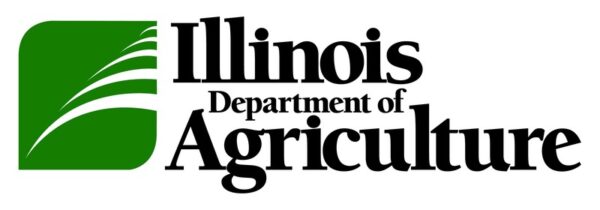The Illinois Department of Agriculture (IDOA) is hosting a “Clean Sweep” program where residents of 11 Illinois counties can dispose of unwanted agrichemicals for free this summer. A “Clean Sweep” collection has been scheduled for late summer for Bureau, Carroll, Henry, JoDaviess, Lasalle, Lee, Ogle, Rock Island, Stephenson, Whiteside, and Winnebago Counties. The collection, which rotates among Illinois counties, is open to farmers, retired farmers, nursery owners, private pesticide applicators, structural pest control applicators, and landowners who inherited unwanted agricultural pesticides from their property.
“There are two main reasons to take advantage of this program,” said Brad Beaver, Bureau Chief of Environmental Programs. “The Department is able to provide the service free of charge thanks to a grant obtained from the U.S. Environmental Protection Agency. If individuals were to properly dispose of agrichemicals on their own, it could be expensive. Secondly, the state of Illinois, not the program participant, will assume liability for the proper disposal of all materials collected.”
Register by July 26, 2024, by calling the IDOA Pesticide Hotline at 1-800-641-3934, online at agr.illinois.gov/pesticides/
Completed forms should be mailed or faxed to the Illinois Department of Agriculture. The mailing address is Clean Sweep Program, Illinois Department of Agriculture, State Fairgrounds, P.O. Box 19281, Springfield, IL, 62794-9281. The fax number is (217) 524-4882. Participants will be sent a reservation card indicating the date, time, and location for their collection.
The “Clean Sweep” program began in 1990 in Illinois. Since its inception, the department has held 54 collection events throughout the state and collected 662,517 pounds of material from 2,301 participants.


